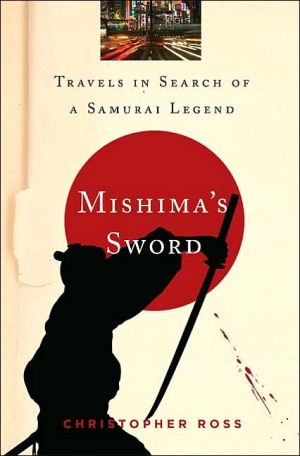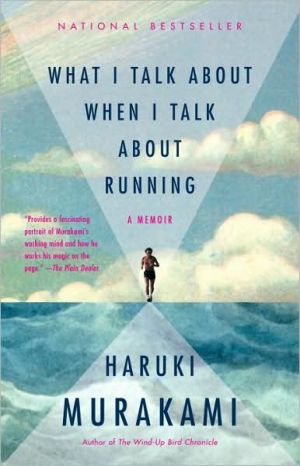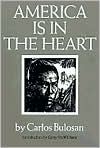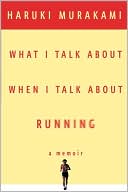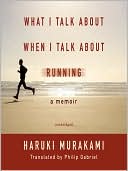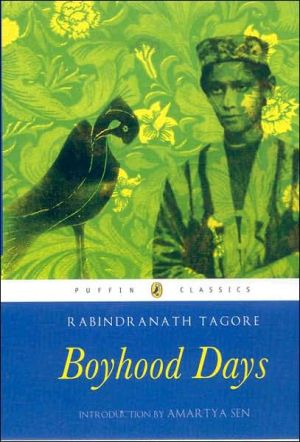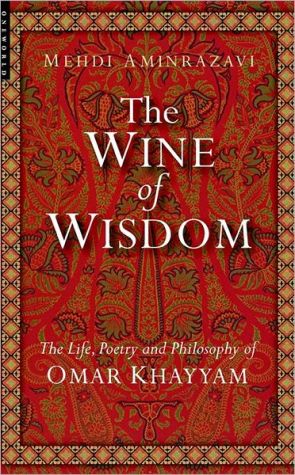Mishima's Sword: Travels in Search of a Samurai Legend
"On 25th November 1970, after a failed coup d'etat, Japanese writer Yukio Mishima plunged a knife into his tightly muscled belly, and was decapitated using his own antique sword. Mishima's spectacular suicide has been called many things: a hankering for heroism; a beautiful, perverse drama; a political protest against Japan's emasculated post-War constitution; the last act in a theatre of death; the epitaph of a mad genius. But which, if any, is correct? And what happened to Mishima's sword?"...
Search in google:
In the tradition of Pico Iyer, a witty and revealing insider's journey through a modern Japan that outsiders seldom glimpse Publishers Weekly Ross (Tunnel Visions) pursues the life and especially the violent suicide by seppuku, or hara-kiri, of the Japanese writer Yukio Mishima, at age 45 in 1970. An English journalist who studied martial arts and later worked in Japan and learned Japanese, Ross was intrigued by overlaps in Mishima's life and his own, in terms of wondering how to make one's life more worthwhile and productive, and one's death "magnificent." Mishima's novels harked back to the heroism of samurai warriors of early eras, and during his life he assiduously mastered the code of the knightly class and conditioned his body in ritual sword fighting. In fact, Ross learns that the famous sword Mishima used on himself in Tokyo's Eastern Army Group Headquarters was made by Seki no Magoroku in the 16th century, and has subsequently vanished. In between a visceral blow-by-blow account of Mishima's last hours, Ross alternates his detailed, gently meandering narrative with fascinating research into the art of Japanese sword making. Ross's journey is wonderfully elucidating, not only of the writer who wanted to ensure he lived forever but of a holistic history and culture of Japan. (Nov.) Copyright 2006 Reed Business Information.
\ Publishers WeeklyRoss (Tunnel Visions) pursues the life and especially the violent suicide by seppuku, or hara-kiri, of the Japanese writer Yukio Mishima, at age 45 in 1970. An English journalist who studied martial arts and later worked in Japan and learned Japanese, Ross was intrigued by overlaps in Mishima's life and his own, in terms of wondering how to make one's life more worthwhile and productive, and one's death "magnificent." Mishima's novels harked back to the heroism of samurai warriors of early eras, and during his life he assiduously mastered the code of the knightly class and conditioned his body in ritual sword fighting. In fact, Ross learns that the famous sword Mishima used on himself in Tokyo's Eastern Army Group Headquarters was made by Seki no Magoroku in the 16th century, and has subsequently vanished. In between a visceral blow-by-blow account of Mishima's last hours, Ross alternates his detailed, gently meandering narrative with fascinating research into the art of Japanese sword making. Ross's journey is wonderfully elucidating, not only of the writer who wanted to ensure he lived forever but of a holistic history and culture of Japan. (Nov.) Copyright 2006 Reed Business Information.\ \
